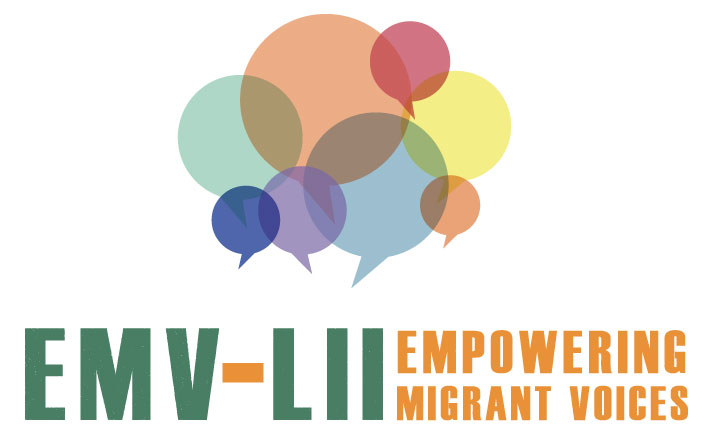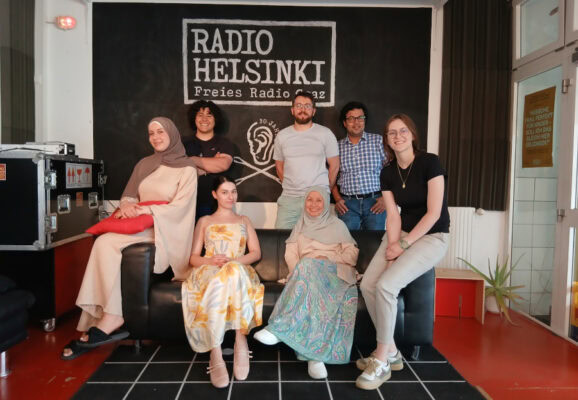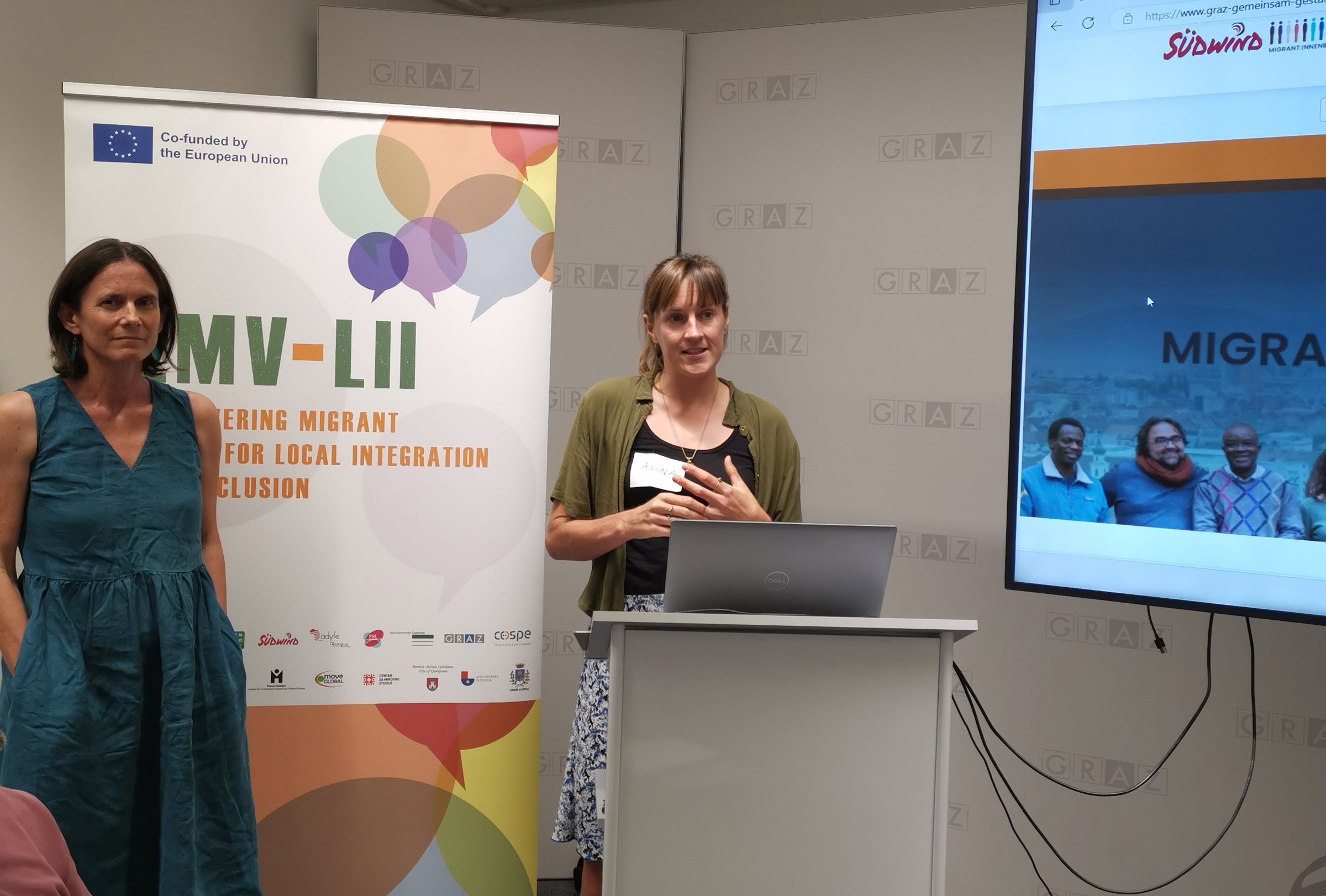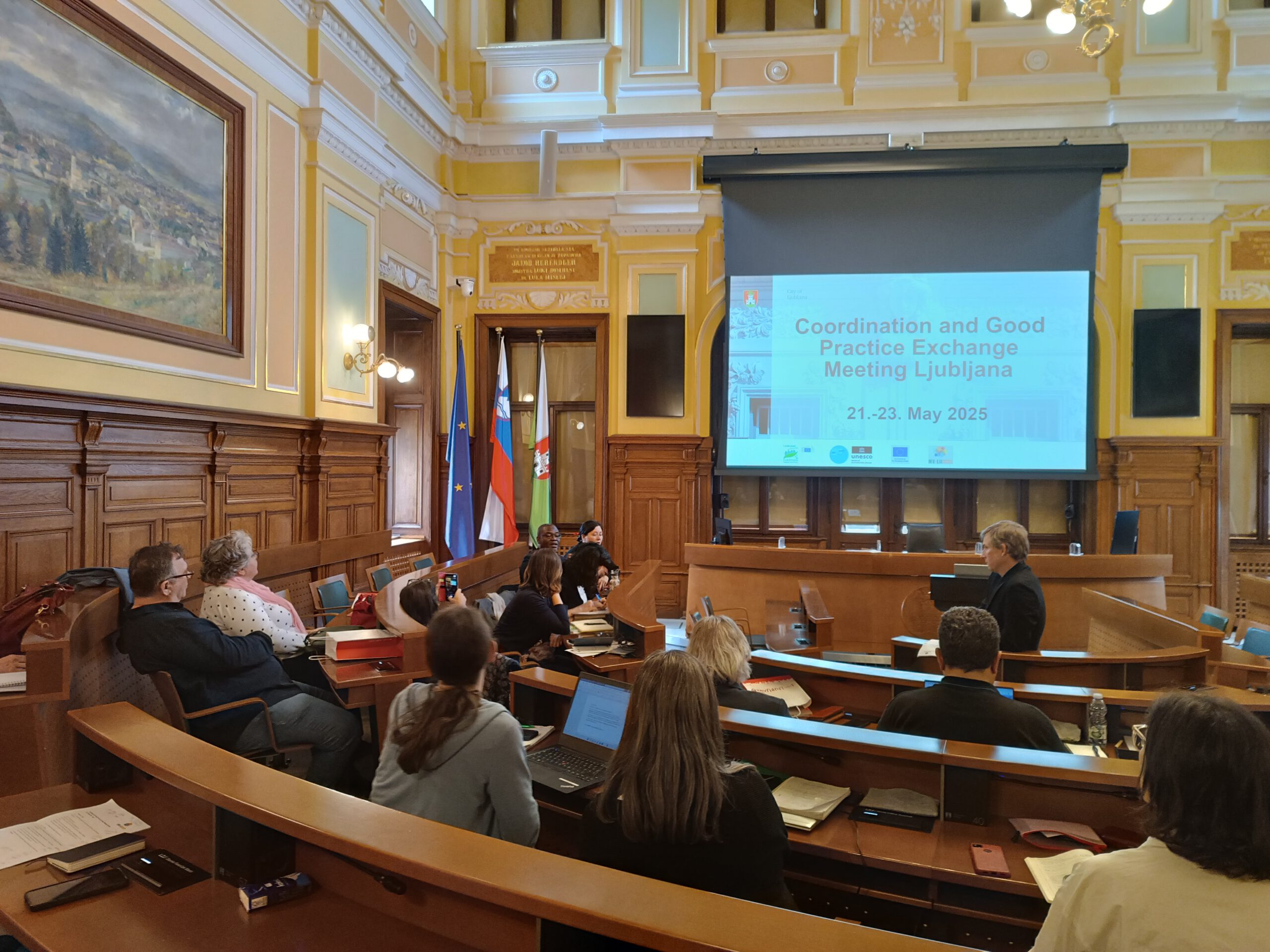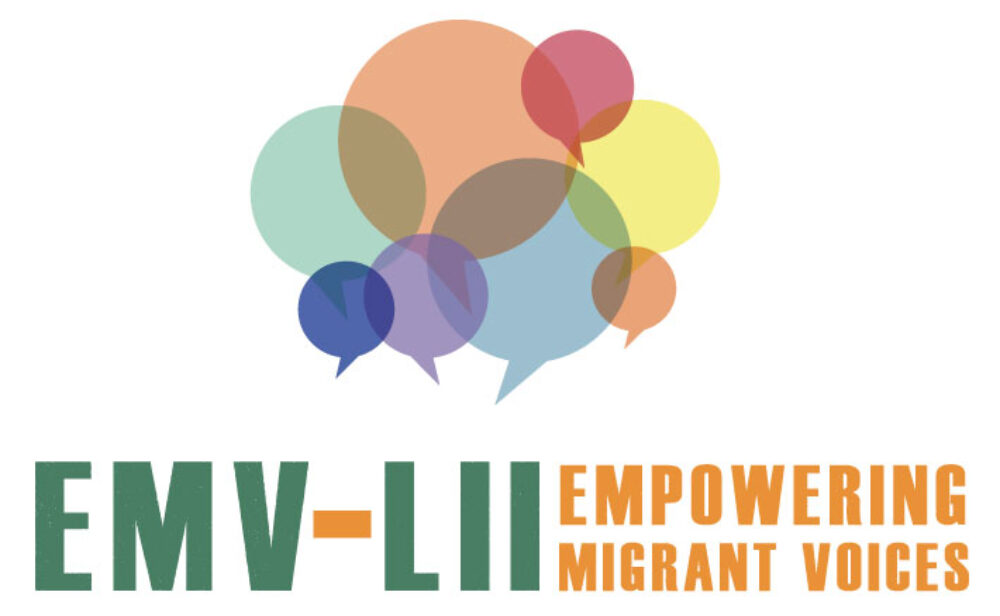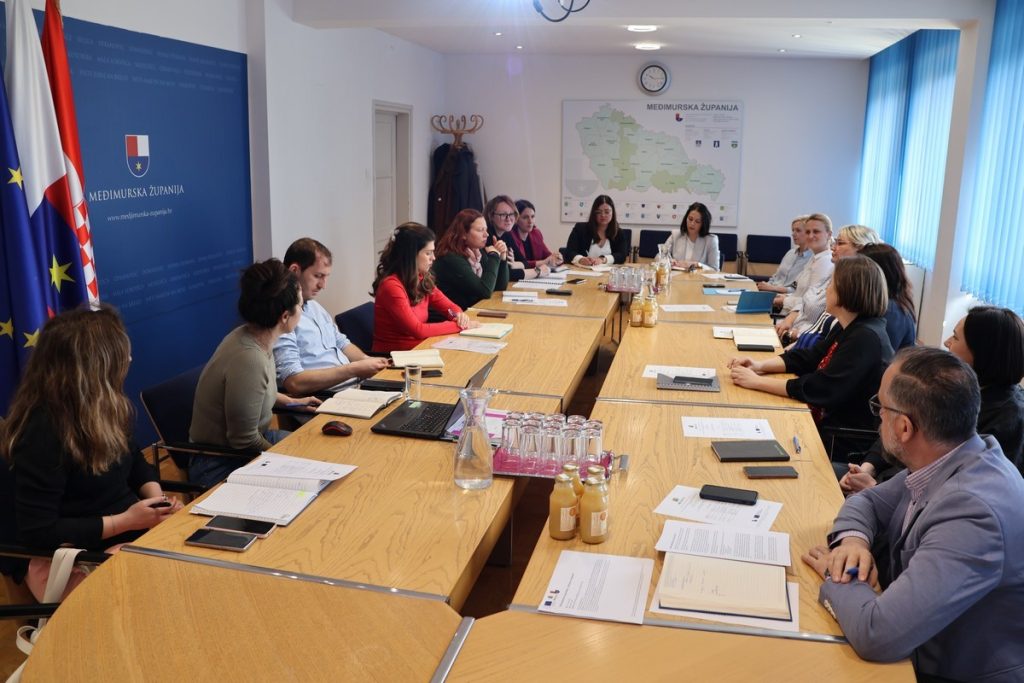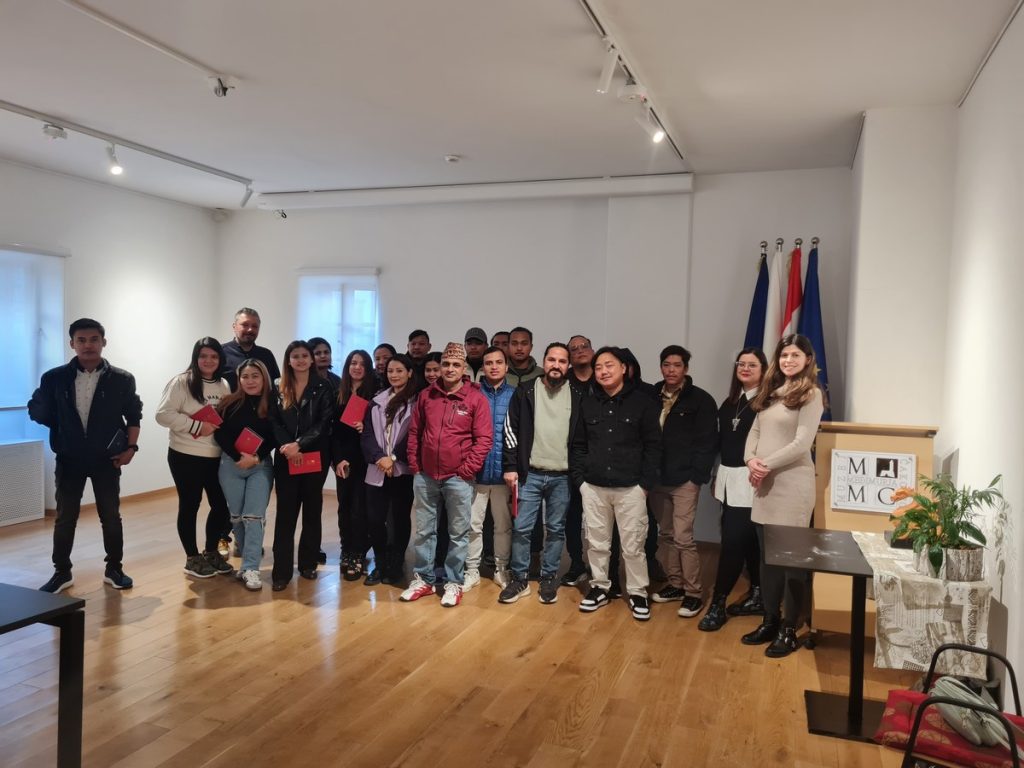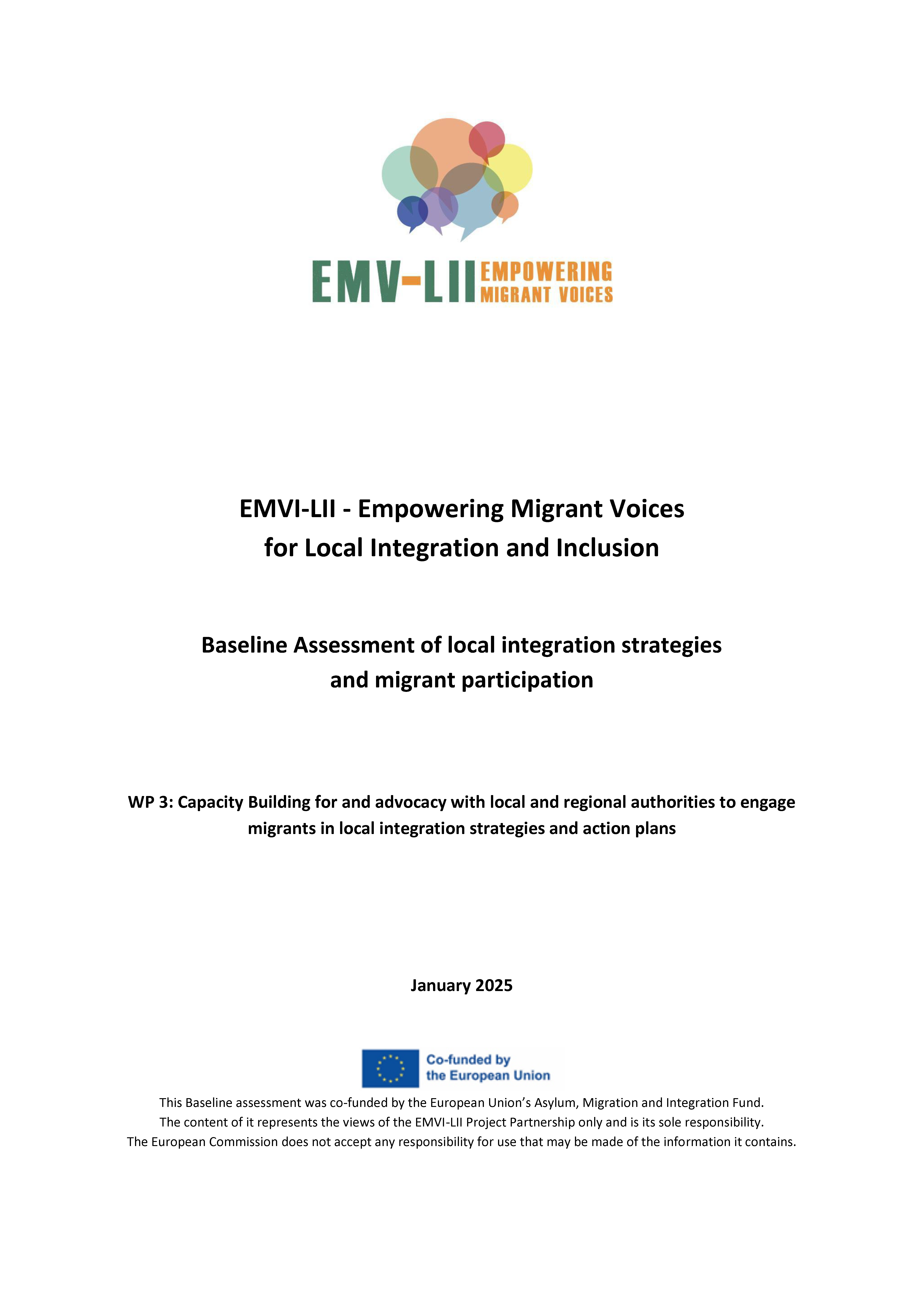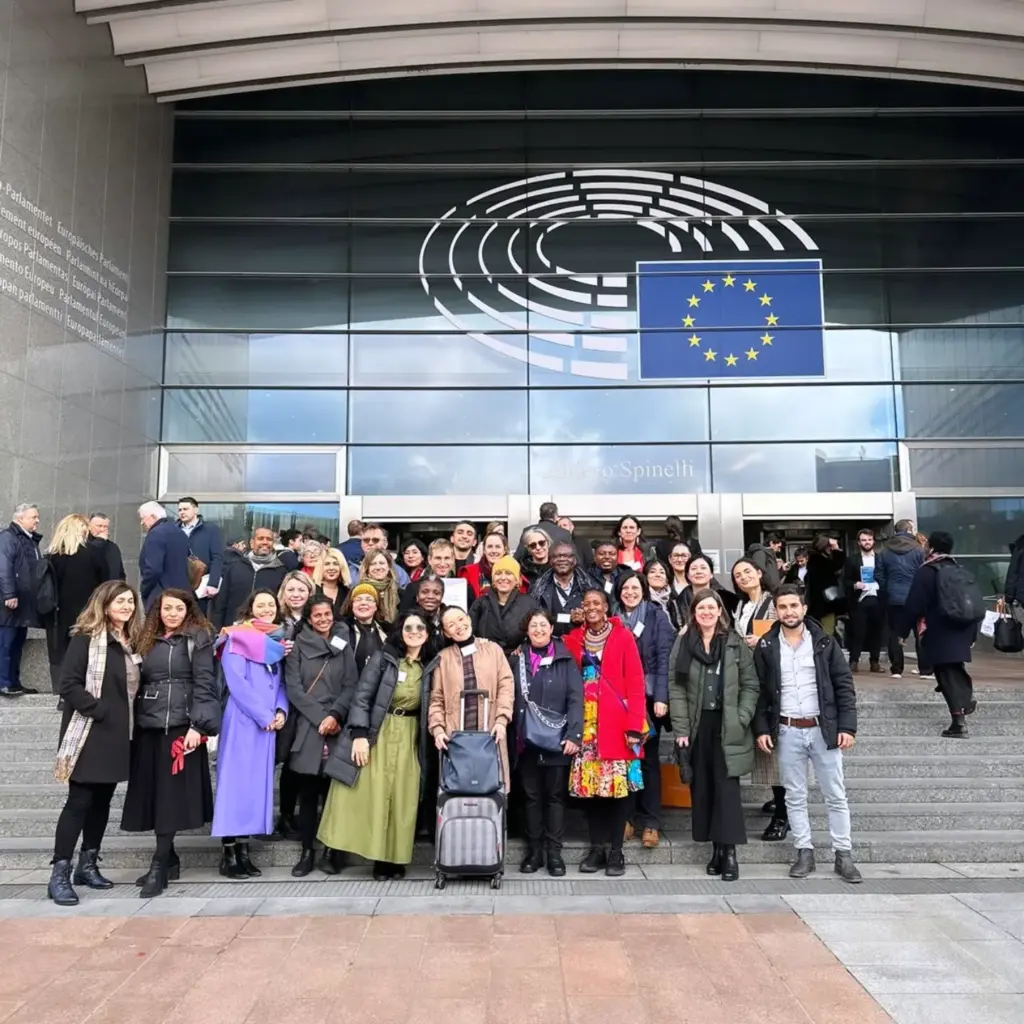
Meeting between delegations from Austria, Italy, Germany, Greece and Slovenia with the General Directorate of the European Commission Migration and Home Affairs (DG Home)
Focus on the 5 main recommendations developed within the EMVI project to improve the political participation of migrants
Disseminating good, implementable and effective practices in all EU countries to improve the processes of participation and integration of migrant people in territories and communities, starting from the actions tested, the results collected and the recommendations formulated by the EMVI project – Empowering Migrants Voices for Integration and Inclusion Policies.
This is the main message underlined by the Head of Unit of the General Directorate for Migration and Home Affairs (DG Home) of the European Commission, Anita Vella, in the meeting she had on last November 14th together with her colleague Aikaterini Dimitrakopoulou, Head of the Integration sector, a delegation from the EMVI project and the leaders of migrant organisations. During the meeting, that took place in the Brussels headquarters of DG Home, EMVI’s national coordinators presented five of the most important recommendations on the political participation of migrants, based on the results of the research process carried out in Austria, Greece, Germany, Italy and Slovenia within the project. The second part of the meeting was characterized by the comparison on the EU’s capacity for action. Vella commented that recommendations on the participation of migrants were really impressive and that they served as a very good starting point. The Ljubljana Peace Institute researcher, Lana Zdravković, described the 5 recommendations: implementing the right to vote (at least at a local/regional level) for all long-term residents in the country; improving, encouraging and enhancing the participation, representation and commitment of immigrants in public bodies dealing with integration, inclusion and diversity; improving and developing integration/inclusion/activation programs with particular attention to education and training for political participation; building migrant trust and strengthening cooperation between migrant communities and local/regional/national authorities; improving integration and inclusion policies at a structural level, including the systematic financing of migrant organisations.
Vella pointed out that while many elements raised are the responsibility of member countries, it is also important for the European Commission to consider the vision of migrants in the way EU policies are produced. The Commission also said that it had created a sort of advisory committee within the Directorate; it is made up of a group of experts with a migratory background, in order to take these visions, ideas and points of view into account.
The EMVI project’s document on good practices was appreciated because it allows the EU to have a good starting point on this issue and also to be able to discuss with the authorities and with anyone who needs to leverage to bring about the change that you recommend at countries governance level.
Communicating the results and good practices emerged from EMVI is a decisive element for the possibility of having an impact at multiple levels. Vella’s colleague, Aikaterini Dimitrakopoulou also appreciated the collection work and she proposed a meeting to the project partners, together with a group of experts. She also suggested the drafting of very practical indications to be provided to the member countries as examples of actions that can be easily implemented by the member countries.
Finally, Vella asked for EMVI project participants inputs and views on the level of legal access routes to the EU. She expressed that it is important for her to understand if there are any ideas or suggestions. She also mentioned that it would be interesting to see people’s perspectives on the recommendations and to take into account factors such as how they arrived, whether they are long-term residents, or if they have been granted refugee status.
“Legal pathways were not the focus of the project; it was instead on integration and inclusion especially at local and municipal level, but obviously we discussed it and we all have experiences on that,” responded Stefan Grasgruber-Kerl, transnational coordinator project manager and campaign manager of the NGO Sudwind , leader of the European EMVI project. “We have great experience in this field in the municipality of Heraklion,” Despina Syrri, president of the Greek NGO Symbiosis, said. “What I would say is that obviously legal access routes are a sign, but they have to go hand in hand with social inclusion and integration. If a foreign worker comes and stays for a few months, without family, without services, without school, and then he returns after a certain period, this is not a legal route: that of ‘legal routes’ remains an empty formula without inclusion and participation in the system,” she specified.
Every action is possible, but only a change of mentality, starting from the importance of foreign people participation in politics and in the so-called host societies, can really give meaning and vision to the various initiatives.
